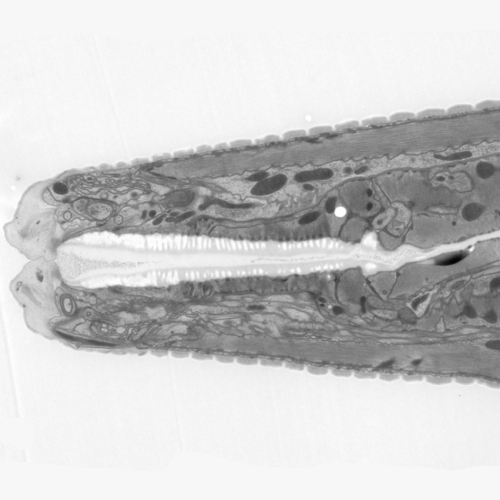NAD+ Is a Food Component That Promotes Exit from Dauer Diapause in Caenorhabditis elegans.
The free-living soil nematode Caenorhabditis elegans adapts its development to the availability of food. When food is scarce and population density is high, worms enter a developmentally arrested non-feeding diapause stage specialized for long-term survival called the dauer larva. When food becomes available, they exit from the dauer stage, resume growth and reproduction. It has been postulated that compound(s) present in food, referred to as the "food signal", promote exit from the dauer stage. In this study, we have identified NAD+ as a component of bacterial extract that promotes dauer exit. NAD+, when dissolved in alkaline medium, causes opening of the mouth and ingestion of food. We also show that to initiate exit from the dauer stage in response to NAD+ worms require production of serotonin. Thus, C. elegans can use redox cofactors produced by dietary organisms to sense food.

- PLoS One. 2016 Dec 1;11(12):e0167208
- 2016
- Cell Biology
- 27907064
- PubMed
Enabled by:
